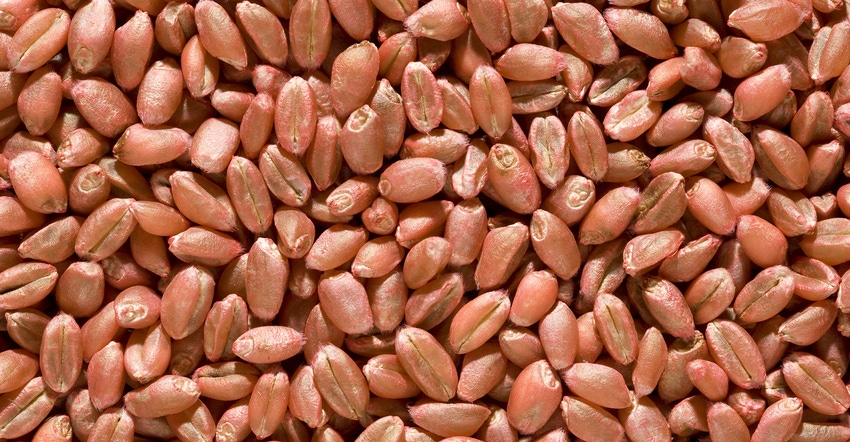September 24, 2019

By Mark Stiegelmeier
Have you ever been on vacation in a rented car and you took a wrong turn? And then after taking that wrong turn, a road leads you to a place that isn’t your desired destination? So, we then realize that we need to carefully analyze the next steps we make in order to get to our destination. We meticulously plan how we will maneuver past what lies ahead, act on what we can control and make the right choices through good planning to make it there.
Getting through these types of situations has been made much easier thanks to technology such as GPS, and we arrive at our destination in good spirits to enjoy our vacation.
Fast forward and we’re at home on the farm looking back on good memories of a trip that went well. Now, it is time to shift our focus onto what comes next. So, we hop in the truck and head down the line of bins to load some grain to take into town to clean for seed this spring.
This is the exact moment in which an alarm should go off in our head, just like the GPS in our vehicles: “Whoa! Wrong turn!” Because that decision to grab leftover seed from the bin may not get us to our desired destination.
Our modern technologies begin to say, “Re-calculating! Re-calculating!” Our GPS wants us to get back on track to the road that gets us to our desired destination which, in this case, is a great crop at the end of harvest. The success of our destination begins with the most basic decision every year: “What seed will I plant?” It all starts with that simple question. The final results hinge on that decision we make as well as the rest we will make throughout the growing season.
Certified seed is produced under rigorous guidelines with many standards that need to be met. This allows every farmer that buys certified seed to have confidence in the seed they purchase. You not only receive a certified class of seed through the certification paperwork, but you have the comfort of knowing that the seed carries all the qualities required under certified standards set forth by the state.
You can be assured it will perform with averages up to five bushels of production more per acre than bin-run seed. It can give you great peace of mind versus wondering if the bin-run seed will have a stand good enough to even produce a crop. All certified seed is required by law to be conditioned by state approved cleaning facilities only. With high standards like that, there is no need to worry about bringing a new weed seed home. That isn’t the case for bin-run seed that gets brought into town for a quick cleaning.
Certified state field inspectors examine the growing crop to ensure purity from both a varietal standpoint and to verify the absence of potential weed seeds that could be present in the final product.
Some processors may even require “proof of varietal parent seed identity” before purchasing your production, which sometimes can bring a premium along with their purchase of your production. And presenting your blue certified seed tag will assure the identity of the processor of your crops.
Certified seed is the only way to access the newest genetics to bring you better seed and better plant qualities add value to you as the producer. When you make the decision to start with certified seed, you can have the confidence in utilizing the best production practices along the entire journey of raising your crop. We all know that the outcome of the crop is only going to be as good as the weakest input. Start strong and end strong.
In closing, I ask these questions to you: “What do I have for my crop destination this year? Will I choose the path that brings me to the best possible destination?” I advise you to not take a wrong turn with your seed decision. Your crop’s final destination depends on it!
Stiegelmeier is a Selby, S.D., farmer and president of the Pulse USA, Inc., board of directors. He a past chairman of the Walworth County Crop Improvement Association, South Dakota Pulse Growers Association and the South Dakota Pulse Council. He owns a seed services business and sells corn and soybean seed.
You May Also Like




